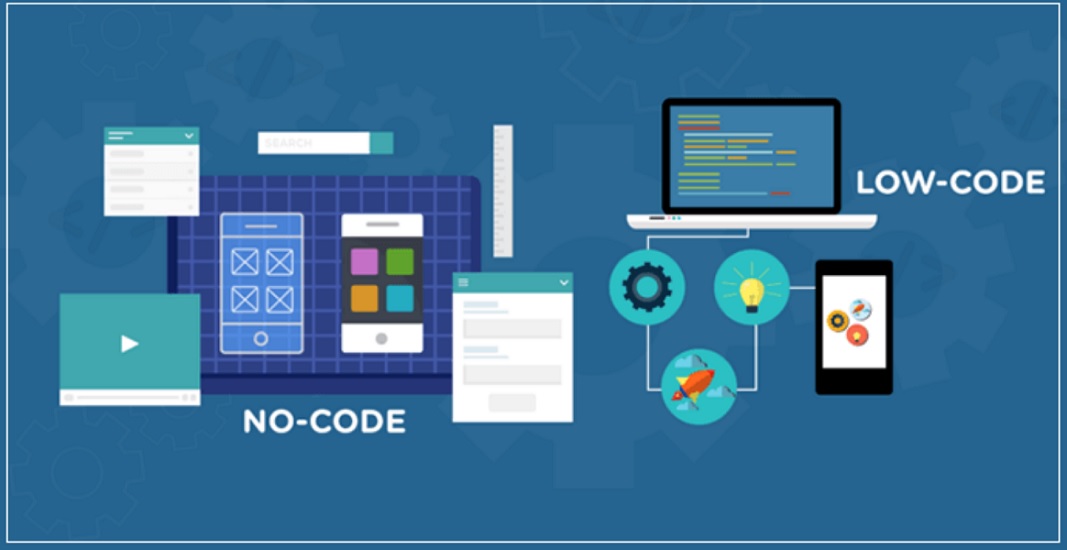
Lowcode ERP SDK offers a powerful solution for enterprises seeking efficient and customizable ERP implementations. In this comprehensive guide, we will explore the world of Lowcode ERP SDKs, starting with an overview of their definition and benefits in enterprise solutions.
Understanding Lowcode Development
To truly grasp the potential of Lowcode ERP SDK, it’s essential to understand the underlying development approach. We will explain the concept of Lowcode development, highlighting its key features and capabilities that make it an attractive choice for ERP solutions. Additionally, we will discuss how Lowcode development simplifies the traditionally complex process of ERP implementation.
Exploring the ERP Landscape
Before diving deeper into Lowcode ERP SDK, let’s establish a foundation by introducing the concept of Enterprise Resource Planning (ERP). We will explore the challenges commonly faced in traditional ERP implementations, such as lengthy development cycles, high costs, and rigid systems. Then, we will delve into the role of Lowcode ERP SDK in overcoming these challenges, offering flexibility and adaptability.
Getting Started with Lowcode ERP SDK
Now that we have a solid understanding of the ERP landscape and the benefits of Lowcode development, it’s time to take the first steps with Lowcode ERP SDK. We will discuss the SDK’s architecture, providing insights into how it works behind the scenes. Additionally, we will guide you through the installation and setup process, ensuring a smooth start. Furthermore, we will provide an overview of the development tools and environments available for Lowcode ERP SDK.
Building Blocks of Lowcode ERP SDK
Lowcode ERP SDK encompasses various essential building blocks that enable the creation of robust ERP solutions. We will explore these building blocks in detail, starting with data modeling and database integration. Next, we will dive into user interface design and customization, highlighting the ability to tailor the ERP system to specific business needs. Additionally, we will discuss workflow automation and integration, streamlining processes within the ERP system. Lastly, we will explore the reporting and analytics features offered by Lowcode ERP SDK, empowering enterprises with valuable insights.
Customizing and Extending Lowcode ERP Solutions
One of the major advantages of Lowcode ERP SDK is the ability to customize and extend ERP solutions according to unique business requirements. We will discuss various aspects of customization, including configuring business processes and workflows to align with specific needs. Moreover, we will explore the integration possibilities with third-party systems and APIs, enabling seamless collaboration. Furthermore, we will cover how Lowcode ERP SDK allows extending the system’s functionality through custom development.
Lowcode ERP SDK Best Practices
While leveraging Lowcode ERP SDK, it’s crucial to follow best practices to ensure optimal results. We will delve into the key best practices, starting with designing scalable and maintainable solutions. We will explore techniques and approaches that allow the ERP system to adapt and grow with the evolving needs of the enterprise. Moreover, we will emphasize the importance of implementing robust security measures to protect sensitive data. Lastly, we will discuss testing and quality assurance guidelines to ensure a reliable and error-free ERP solution.
To gain a better understanding of the practical applications of Lowcode ERP SDK, we will explore real-world case studies. We will share success stories of enterprises that have implemented Lowcode ERP SDK and achieved remarkable results. Additionally, we will delve into different industries and use cases where Lowcode ERP solutions have been successfully deployed.
Future Trends and Innovations
Technology never stands still, and Lowcode ERP SDK is no exception. In this section, we will discuss the latest developments in the world of Lowcode ERP SDK. We will explore emerging technologies and their potential impact on Lowcode ERP, giving insights into the future of this exciting field.
Evaluating Lowcode ERP SDK Providers
Choosing the right Lowcode ERP SDK provider is crucial for a successful implementation. In this section, we will discuss the key factors to consider when evaluating different providers. We will explore aspects such as the reputation and track record of the provider, the scalability and flexibility of their SDK, the level of support and training offered, and the pricing model. Additionally, we will provide a comparison of the top Lowcode ERP SDK platforms, highlighting their strengths and unique features.
Lowcode ERP SDK offers a game-changing approach to enterprise resource planning. Throughout this comprehensive guide, we have explored the definition and benefits of Lowcode ERP SDK, understanding its impact on enterprise solutions. We have discussed the various aspects of Lowcode development and how it simplifies the ERP implementation process. Additionally, we have explored the challenges faced in traditional ERP implementations and how Lowcode ERP SDK overcomes them. We have provided a step-by-step guide to getting started with Lowcode ERP SDK, delved into the building blocks of the SDK, and discussed customization, best practices, and real-world case studies. Furthermore, we have touched upon future trends and innovations, evaluated providers, and concluded with a summary of the benefits and features of Lowcode ERP SDKs.
Remember, with Lowcode ERP SDK, enterprises can unlock efficiency and customization, revolutionizing their ERP systems and empowering them to thrive in an ever-evolving business landscape.






